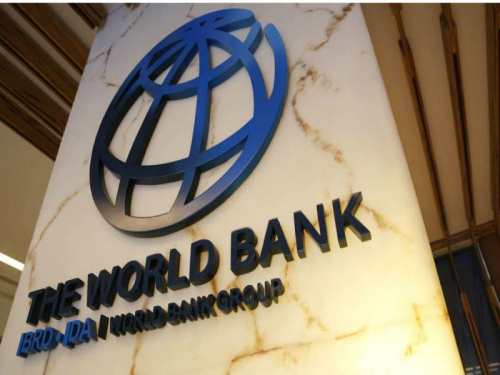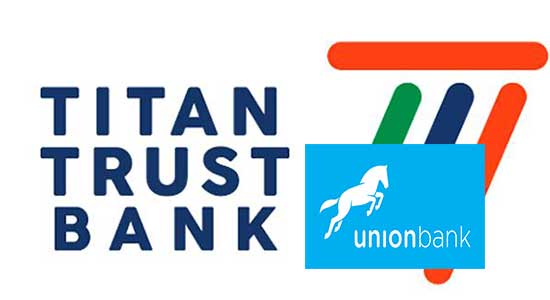Banking and Finance SECTOR INSIGHT 13/06/2022
States To Share World Bank’s $750m Facility

In continuation of its efforts to encourage transparency and accountability by states governments, the World Bank is set to release $750 million, it was learnt at the weekend.
The facility is the second tranche of a $1.5 billion plan between the World Bank and the Federal Government, which intention is, apart from fiscal transparency, is sustainable growth. The multilateral facility is channeled through the Federal Government.
Sources at the weekend, said the disbursement will commence within the next 14 days.
The incentivized scheme known as States Fiscal Transparency Accountability and Sustainability (SFTAS) is a conditional grant with the states expected to achieve certain Disbursement Linked Indicators (DLIs) in order to qualify for the new disbursement in 2022.
Also, further evaluation of earlier disbursements to determine how the first tranche was utilised will be conducted in some states by the World Bank.
The $750 million World Bank grant is designed to strengthen the fiscal transparency, accountability and sustainability in Nigerian states as a way of improving their revenue base, increasing fiscal efficiency in public expenditure and reducing debt overhang.
For the states to meet the DLIs, the federal government requires states must show evidence of citizens’ input from formal public consultations as published online, along with the proposed fiscal year budget and citizens’ budget based on approved state budget published online by, altogether with functional online feedback mechanisms.
The state governments are also required to create citizens accountability report based on audited financial statements and reports published online for fiscal year 2020 not later than end of September 2021.
The World Bank is supporting the federal government with the two-tranche $1.5 billion to incentivise the states to properly achieve federal government’s 22-point Fiscal Sustainability Plan.
To benefit from the grant, state governments are required to achieve improved financial reporting and budget reliability; increased openness and citizens’ engagement in the budget process; improved cash management and reduced revenue leakages through the implementation of State Treasury Single Account (TSA); strengthened internally generated revenue (IGR) collection; biometric registration and Bank Verification Number (BVN) used to reduce payroll fraud.
SFTAS is now under full implementation with all 36 states participating in the programme. In 2018, the first performance year, 24 states met the eligibility criteria and achieved on average five DLI results each.
There are indications that the SFTAS is achieving its aims. Already, two-thirds of states are engaging citizens in their budget process and publishing citizens’ budgets; 17 states have achieved annual IGR growth of at least 20 per cent in 2019 of which 11 States increased their IGR by more than 40 per cent.
In addition, two-thirds of the states are addressing payroll fraud through linking biometric data and BVN to payroll; two-thirds of the states passed fiscal responsibility and public debt laws and several states have started to clear their domestic expenditure arrears; owed to contractors, civil servants and pensioners.



